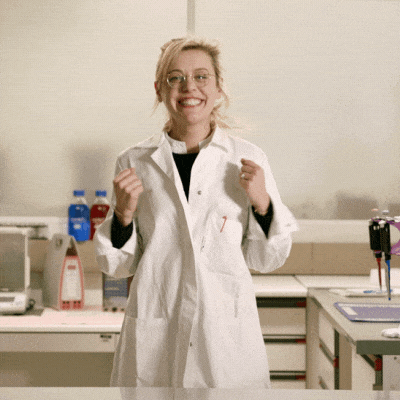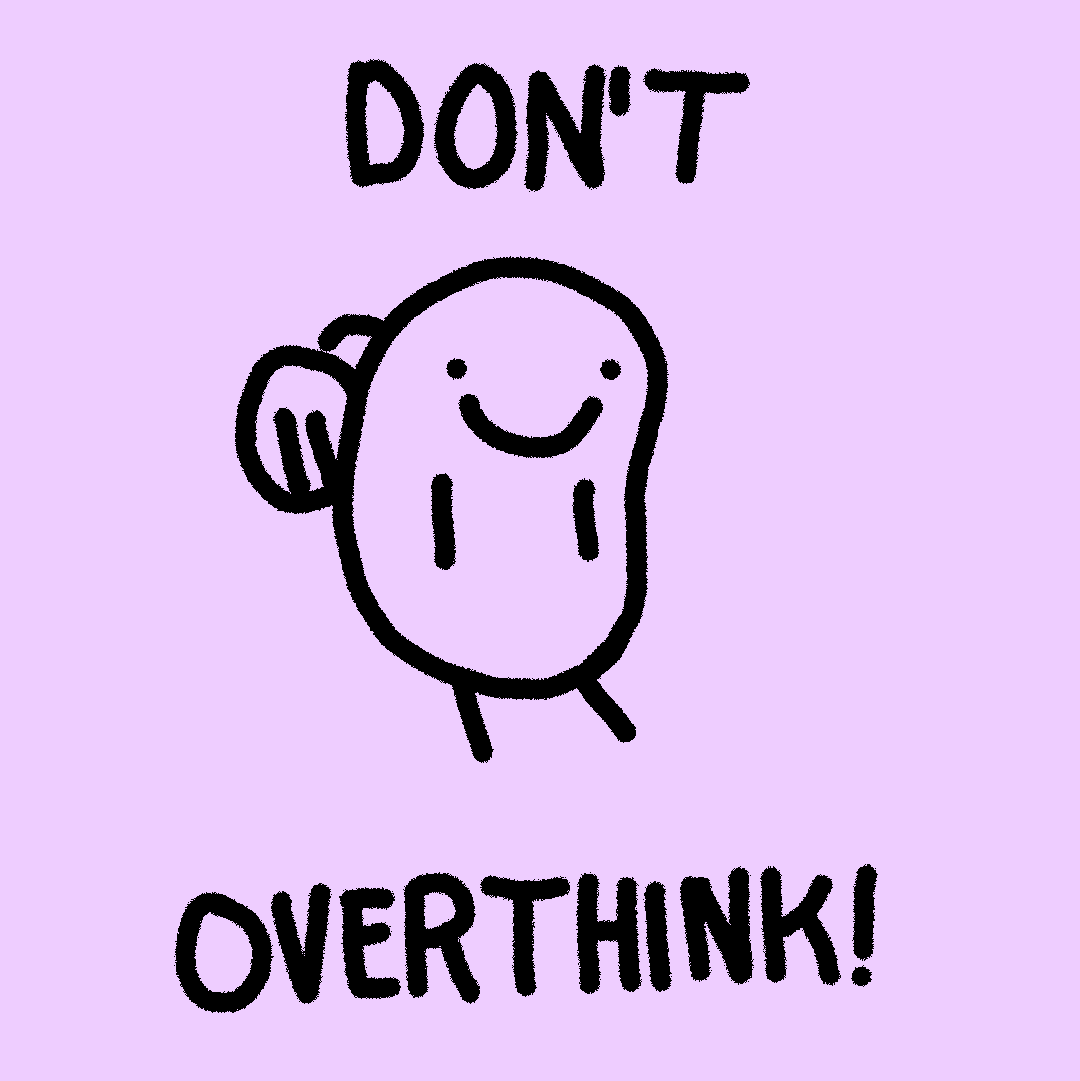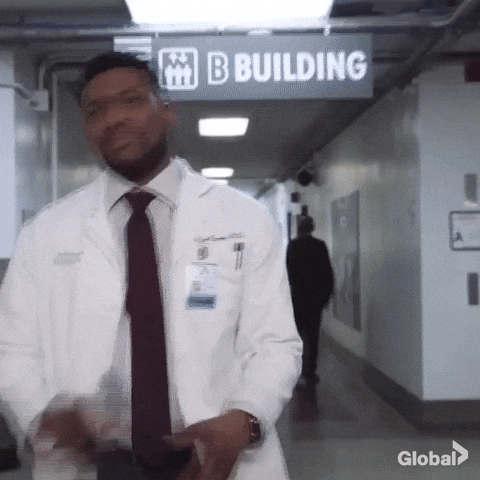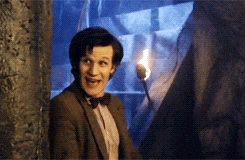Ever dreamed of entering the health sciences? How about dreams of helping people heal and recover? Plenty of options branch out before you. Maybe you find yourself drawn to the health sciences, but what specific career? Becoming a physical therapist just might be the career for you! Not sure what to do, or unsure what the path will look like?
Read on to find out what your journey may look like.

What You’ll Do

Ready to learn about the human body? As a pre-physical therapy major, the variety of options will temporarily stun you when it comes to an undergrad major. No matter what you pick—biology, kinesiology, psychology, exercise science—you’ll most likely find yourself in the health sciences. You’ll learn about human anatomy, clock plenty of lab hours and, of course, study for those intense stem classes.
You could decide on physical therapy school later in life, so if you major in something outside the health sciences, don’t worry too much.
“I received my undergraduate degree in Classical Archaeology from Dartmouth College,” Dartmouth College graduate Abigail Gillard said. “People ask me all the time how that relates to my current role, and I tell them it actually is something I use every day. My undergraduate degree revolved around critical thinking and analysis of information. I like to tell my patients that I am an ‘archaeologist of the human body.’ I evaluate the signs and symptoms of a patient’s complaints and have to make clinical decisions that get us closer to an understanding of the problem.”
Keep in mind—if you do find a major outside of the health sciences, you’ll most likely need to take some classes in that department anyway to qualify for graduate school. But if a full-on major in biology does not sound appealing, talk to your academic advisor about your options.
Classes You’ll Take

You’ll take your basic science classes: chemistry, physics and biology. However, plenty of exciting classes exist for you to take throughout your undergraduate years. Always found yourself interested in the processes of sports medicine? Check out what Sports Psychology can teach you! Does the human body fascinate you? Then sign up to take Skeletal Muscle Structure and Function to learn everything you need to know. If you’re interested in the social sciences, take Abnormal Psychology or Medical Sociology. For an interesting break from your typical health science classes, try ones focused on genetics or epidemiology. These classes may not count towards your major but can help fill in some of those pesky electives with relevant information.
Get outside the science buildings and take some other types of classes. As a medical professional, morals and ethics will matter to you, so try out a philosophy or religion class that sounds interesting to you. Try your hand at some harder math classes. Engage your problem skills to help prepare you for future patients.
Worries You’ll Encounter

Majoring in the Health Sciences is far from easy. Sometimes you’ll find yourself tired, stressed and ready to give up. But remember what sits waiting for you on the other end: helping people.
“PT school is a ton of work,” Cornell College Alumnae Wyatt Kurzejeski said. “Sometimes it is easy to lose sight of why you chose PT in the first place while you are in the thick of rigorous classes—so make sure one of the many possible employment routes sounds enticing to you.”
Find classes you enjoy to help keep yourself motivated. Add a minor if you find time. If not, pick gen eds that sound interesting to you to help prevent burnout. Like most stem majors, pre-physical therapy might make you want to cry and pull all your hair out. Keep pushing!
“Enjoy your undergrad years,” Iowa State Alumnae Courtney Norman said. “Obviously you need to keep your grades up and make sure you are taking any prerequisite courses but going to grad school of any sort is a long road. Enjoy spending your weekends with friends and going on trips while you have the time! Also, find a stress coping strategy that works for you now and practice it. Whether it’s going for a run, painting, playing an instrument, really anything that you can do to relax and find a moment of peace. Knowing how to manage stress and stay mentally healthy will be really important once you’re in the grind of PT school.”
It may seem at times that your undergrad years just sit as a steppingstone to physical therapy school. Don’t forget to enjoy your time and to learn as much as you can! You should value your time as an undergrad student. It’ll run out before you know it.
Internships You’ll Find

An obvious internship: working as an aide in a physical therapist’s office! You can find yourself one in an outpatient clinic, an orthopedic clinic, a hospital, a retirement home and so many more! The great thing about working as a physical therapist you’ll find tons of different environments you can work in.
If you’re looking for and internship to broaden your horizons a bit you can also find internships in related fields, like occupational therapy, sports medicine or nutrition. Doing an internship that’s related but not exactly what you’re planning can help you determine which path fits exactly right for you. So, when looking for internships, explore all your options!
Careers You’ll Have

1. Physical Therapist
After undergrad, if you decide physical therapy school calls to you, you’ll end up working as a physical therapist. Physical therapists work in plenty of different places. You may find yourself in a hospital helping rehabilitate critical patients, you can work in a clinic helping with minor injuries or working with elderly folk in a nursing home.
Physical therapists work to diagnose injuries, identify what can help and implement plans and exercises to help patients recover. You’ll work directly with patients, and other physical therapists, nurses and physicians. You’ll help patients follow through with treatment plans and recovery.
2. Athletic Trainer
Athletic training takes you into the heart of sports. You can work with high schoolers, college students or with professional athletes. You’ll find yourself helping keep athletes in prime condition and helping them recover when things don’t go their way.
Schooling for athletic training resembles schooling for physical therapy. You can obtain the same undergraduate degrees, but you will attend a different grad school program, one specifically for athletic training or sports medicine. If you enjoy sports, athletics or particularly enjoyed your exercise science class, this route might call your name.
3. Recreational Therapist
Becoming a recreational therapist does not require grad school—simply a bachelor’s degree in a related field. Now you might be thinking, what the heck does a recreational therapist do? A recreational therapist works with people with mental and physical deficits to improve their physical, cognitive, emotional and social abilities. Rather than rehabilitating injuries, you’d help patients overcome disabilities. If you find yourself with lots of compassion, patience and communication skills this option is for you!
4. Occupational Therapist
Occupational therapy—very similar to recreational therapy—requires attending a graduate program, specifically for occupational therapy. These therapists work with people who have physical impairments that prevent them from doing tasks others may find easy. Occupational therapists may work in a clinic, a hospital or a nursing home, helping people regain control over their abilities. Work with people to help them adjust their new situations after accidents or help someone gain a new skill they didn’t have before. Occupational therapists work similarly to physical therapists, so your undergrad degree for pre-physical therapy translate well!
5. Chiropractor
Who doesn’t love a good back cracking? Attending chiropractic school after obtaining your health science degree; a less traditional route, yes. Arguments may arise from your family over the legitimacy of your new path, but this author knows the truth: chiropractors are magicians. You’ll help people with chronic pain, adjust and help relieve stress! If you want a career that’s a little outside the health sciences norm, try becoming a chiropractor!
Reviews

“My undergrad major was kinesiology (exercise science),” Norman said. “This degree really prepared me for PT school because it focused on the human body and the sciences related to working with humans. I was also able to take a variety of psychology and sociology classes for this degree which has helped me understand and communicate with my patients. “
“I loved having the ability to do clinical rotations anywhere in the country and get a variety of opportunities to experience PT practice,” Gillard said. “I also loved anatomy class and was so grateful to have the ability to perform cadaver dissection and see all of the structures first-hand.”
“I majored in kinesiology,” Kurzejeski said. “I thought Kinesiology was a very relevant major to becoming a PT. It gave me an excellent base of knowledge and understanding, that I utilized throughout PT school: anatomy, physiology, exercise prescription, etc. “



















